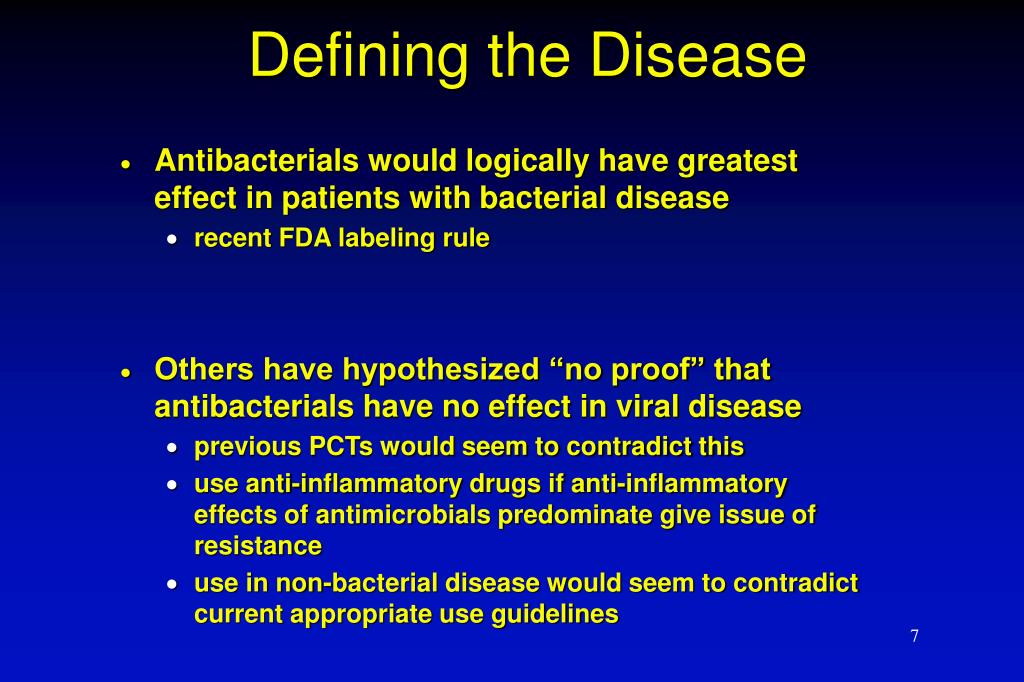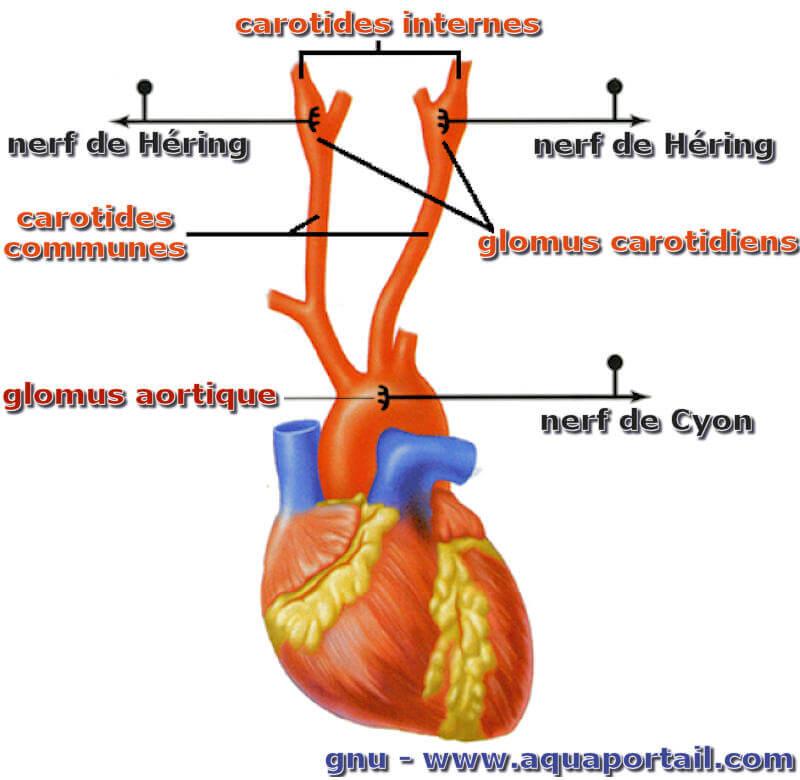Sinusitis (inflamed sinuses) is sometimes caused by an infection, but there are several types (such as chronic or recurrent). find all the symptoms. Sinusitis is a common condition defined as inflammation of the paranasal sinuses. sinus cavities produce the mucus that nasal passages need to work . Various definitions have been proposed for the term 'chronic sinusitis' but too often reports on chronic sinusitis lack a definition. in order to improve the penaksiran and treatment of this disease, and also to facilitate comparisons between clinical investigations, definitions of 'chronic maxillary sinusitis' of either rhinogenous or dental origin are proposed.
See full list on mayoclinic. org. The origin of organisms that are introduced into the sinuses and may eventually cause sinusitis is the nasal cavity. the normal flora of that site includes staphylococcus aureus, staphylococcus epidermidis, αand γ-streptococci, propionibacterium acnes, and aerobic diphtheroid (3–lima). 1 jun 2019 symptoms. common l definition sinusitis signs and symptoms of chronic sinusitis include: nasal inflammation; thick, discolored discharge from the nose; drainage .
Sinusitis Definition Of Sinusitis By Merriamwebster
Acute sinusitis radiology reference article radiopaedia. org.
Sinusitis Racgp
Maxilla Sinusitis An Overview Sciencedirect Topics
Acute sinusitis is a clinical penaksiran characterized by symptom duration of less than 4 weeks 11. pathology. etiology. Acute and chronic sinusitis (sinus infection) written and reviewed by the leading experts in allergy, asthma and immunology. Chronic sinusitis chronic sinusitis occurs when the spaces inside your nose and head (sinuses) are swollen and inflamed for three months or longer, despite treatment. this common condition interferes with the way mucus l definition sinusitis normally drains, and makes your nose stuffy. Sinusitis (or rhinosinusitis) is defined as an inflammation of the mucous membrane that lines the paranasal sinuses and is classified chronologically into several categories: acute sinusitis a new infection that may last up to four weeks and can be subdivided symptomatically into severe and

18 Symptoms Of Sinus Infection Sinusitis Treatment Causes
You're at increased risk of getting chronic sinusitis if you have: 1. a deviated septum 2. nasal polyps 3. asthma 4. aspirin sensitivity 5. a dental infection 6. an immune system disorder such as hiv/aidsor cystic fibrosis 7. hay fever or another allergic condition 8. regular exposure to pollutantssuch as cigarette smoke. Definition of sinusitis : inflammation of a sinus of the skull examples of sinusitis in a sentence recent examples on the web typically, asthmatics have been at higher risk of developing respiratory complications from upper respiratory tract infections such as colds, sinusitis, and sore throats. Definition of sinusitis : inflammation of a sinus of the skull examples of sinusitis in a sentence recent examples on the web typically, asthmatics have been at higher risk of developing respiratory complications from upper respiratory tract infections such as colds, sinusitis, and sore throats.
Sinusitis Sinus Infection Nhs
Feb 10, 2021 · sinusitis or sinus infection is inflammation of the air cavities within the passages of the nose. sinusitis can be caused by infection, allergies, and chemical or particulate irritation of the sinuses. most people do not spread sinus infections to other people. Acute sinusitis. acute sinusitis usually starts with a cold. viruses, not bacteria, cause colds, so it's useless to treat them with antibiotics. but when a cold turns into sinusitis, it means that blocked nasal passages have set off a secondary infection caused by bacteria and you may eventually need an antibiotic.
Sinusitis racgp. acute rhinosinusitis presents with symptoms of nasal obstruction, discharge, changes in smell, facial pain/pressure and cough (in cooke g, valenti l, glasziou p, britt h. common general practice presentations. Pdf background maxillary sinusitis of odontogenic origin, also known as maxillary sinusitis of dental results in abnormal changes of the sinonasal epi thelium.
Sinusitis is an inflammation or swelling of the tissue lining the sinuses. healthy sinuses are filled with air. but when they become blocked and filled with fluid, germs can grow and cause an. Sinusitis, also known as rhinosinusitis, is inflammation of the mucous membranes that line the sinuses resulting in symptoms that may include thick nasal mucus, a plugged nose, and facial pain. other signs and symptoms may include fever, headaches, a poor sense of smell, sore throat, and a cough. Introduction: acute sinusitis is defined pathologically, by transient inflammation of the mucosal lining of the paranasal sinuses lasting less than 4 weeks. clinically, it is characterised by nasal congestion, rhinorrhoea, facial pain, hyposmia, sneezing, and, if more severe, additional malaise.
May 19, 2021 · sinusitis means your sinuses are inflamed. the cause can be an infection or another dilema. your sinuses are hollow air spaces within the bones surrounding the nose. they produce mucus, which drains into the nose. Take these steps to reduce your risk of getting l definition sinusitis chronic sinusitis: 1. avoid upper respiratory infections. minimize contact with people who have colds. wash your hands frequently with soap and water, especially before meals. dua. manage your allergies. work with your doctor to keep symptoms under control. avoid exposure to things you're allergic to whenever possible. 3. avoid cigarette smoke and polluted air. tobacco smoke and air contaminants can irritate and inflame your lungs and nasal passages. 4. use a humidifier. if the air in your home is dry, such as it is if you have forced hot air heat, adding moisture to the air may help prevent sinusitis. be sure to keep the humidifier clean and free of mold with regular, thorough cleaning.
Chronic sinusitis and acute sinusitis have similar signs and symptoms, but acute sinusitis is a temporary infection of the sinuses often associated with a cold. the signs and symptoms of chronic sinusitis last at least 12 weeks, but you may have several episodes of acute sinusitis before developing chronic sinusitis. Common causes of chronic sinusitis include: 1. nasal polyps. these tissue growths can block the nasal passages or sinuses. 2. deviated nasal septum. a crooked septum — the wall between the nostrils — may restrict or block sinus passages, making the symptoms of sinusitis worse. tiga. other medical conditions. the complications of conditions such as cystic fibrosis, hivand other immune system-related diseases can lead to nasal blockage. 4. respiratory tract infections. infections in your respiratory tract — most commonly colds — can inflame and l definition sinusitis thicken your sinus membranes and block mucus drainage. these infections can be viral, bacterial or fungal. lima. allergies such as hay fever. inflammation that occurs with allergies can block your sinuses.

Sinusitis is swelling of the sinuses, usually caused by an infection. it's common and usually clears up on l definition sinusitis its own within 2 to 3 weeks. but medicines can help if it's taking a long time to go away. Sinus infections (sinusitis) is when cavities around the nasal passages become inflamed. learn about the symptoms, causes, and treatments of sinusitis.

Comments
Post a Comment